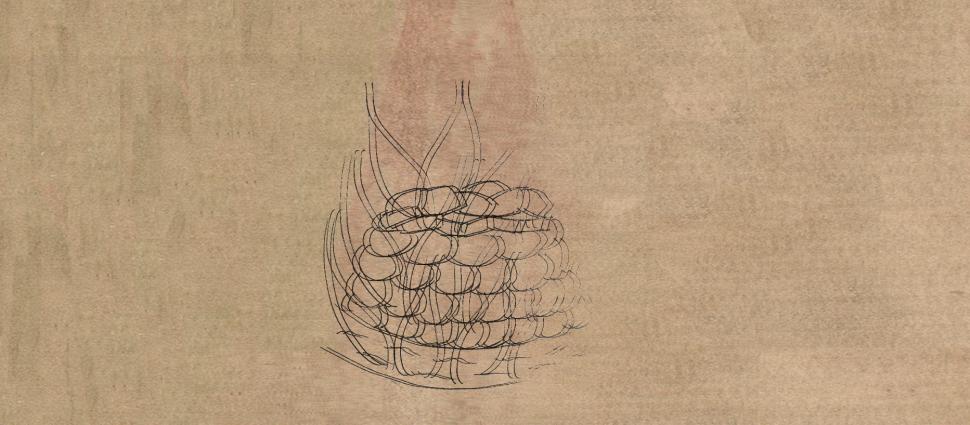When Our Idols Fail Us

One of my son’s favorite Bible stories is that of Elijah and the prophets of Baal. Earlier this year, we had the opportunity to visit the site where that event took place. As we stood on Mount Carmel and looked across the Jezreel Valley, it was surreal to think of the great altar where God’s people tried over and over to get their false god to respond to their cries.
Elijah and the Prophets of Baal
The story of Elijah and the prophets of Baal is found in 1 Kings 18. Elijah challenged the prophets to see who worshipped the one true God. “And Elijah came near to all the people and said, ‘How long will you go limping between two different opinions? If the Lord is God, follow him; but if Baal, then follow him’” (v. 21). He gave them a bull to offer in sacrifice to Baal. “Let two bulls be given to us, and let them choose one bull for themselves and cut it in pieces and lay it on the wood, but put no fire to it. And I will prepare the other bull and lay it on the wood and put no fire to it. And you call upon the name of your god, and I will call upon the name of the Lord, and the God who answers by fire, he is God” (vv. 23-24).
The prophets did all they could to get their god to ignite the sacrifice with fire. They cried out to Baal. They cut themselves. They marched around the altar. But there was no response. “And at noon Elijah mocked them, saying, ‘Cry aloud, for he is a god. Either he is musing, or he is relieving himself, or he is on a journey, or perhaps he is asleep and must be awakened’” (v. 27).
Elijah then built an altar to the Lord with a bull as a sacrifice. He poured water over the altar until the wood and sacrifice were saturated. Elijah prayed, “O Lord, God of Abraham, Isaac, and Israel, let it be known this day that you are God in Israel, and that I am your servant, and that I have done all these things at your word. Answer me, O Lord, answer me, that this people may know that you, O Lord, are God, and that you have turned their hearts back” (vv. 36-37).
Then God consumed the offering with fire. “And when all the people saw it, they fell on their faces and said, ‘The Lord, he is God; the Lord, he is God’” (v. 39).
Our Powerless Idols
We were created for worship. It’s part of our makeup as humans. God made us to love and worship him alone. He is our Maker and Creator and he alone is worthy of all honor, glory, and praise. But our worship is broken because of the Fall, when our first parents turned from God and disobeyed him. We now have hearts prone to worship other things. We seek life, happiness, purpose, meaning, and salvation apart from God.
Like the people in Elijah’s day, we serve false gods. Our idols are not made of wood, stone, or metal and we don’t offer animal sacrifices to them. But, like the people in Elijah’s day, we live as though God is not enough. We want more. So we worship God and money. We love God and the affirmation of others. We seek our hope, salvation, and life in God and in our work, parenting, marriage, or experiences. As Elijah said, we “go limping between two different opinions.” Jesus said in Luke 16:13, “No one can serve two masters. For you will hate one and love the other; you will be devoted to one and despise the other.”
Whatever happiness we may find in our idols is temporary and fleeting. It’s like the crash following a sugar rush, or the doldrums of January following the excitement of Christmas. In the end, our idols will fail us. Like God’s people, our idols won’t show up when we need them to; they will let us down. Like Baal, they will prove themselves powerless.
Because we were created to worship God alone, as long as we seek after false gods, we will feel a constant dissatisfaction, a lingering discontentment. Until we will realize our idols can’t give us life. Until we realize they can’t give us the hope, meaning, purpose, and joy found in Christ alone. And until we can see them for what they truly are: counterfeits, false substitutes, cheap imitations, worthless, weak and powerless.
I think that was the point Elijah was trying to make as he mocked Baal. He wanted God’s people to see that their god had no power. He wanted them to see Baal’s weakness. He wanted them to realize he didn’t even exist at all. And he wanted them to turn back to the One True God.
As believers, we need to evaluate our heart for idols, for those things we turn to for hope outside of Christ. We need to pray for discernment to see them for what they really are: weak and powerless substitutes. We need to remember who God is and what he has done, meditating on his holiness, righteousness, and goodness. Then we need to turn away from our false gods in repentance and turn back to the One True God, seeking to love him with all our heart, soul, mind, and strength.
Christina Fox writes for a number of Christian ministries and publications including Revive Our Hearts, Desiring God and Ligonier Ministries. She is the content editor for enCourage and the author of A Heart Set Free: A Journey to Hope Through the Psalms of Lament , Closer Than a Sister: How Union with Christ Helps Friendships to Flourish and Idols of a Mother’s Heart. She lives in Atlanta with her husband and two boys. You can find her at www.christinafox.com, @christinarfox and on Facebook.





